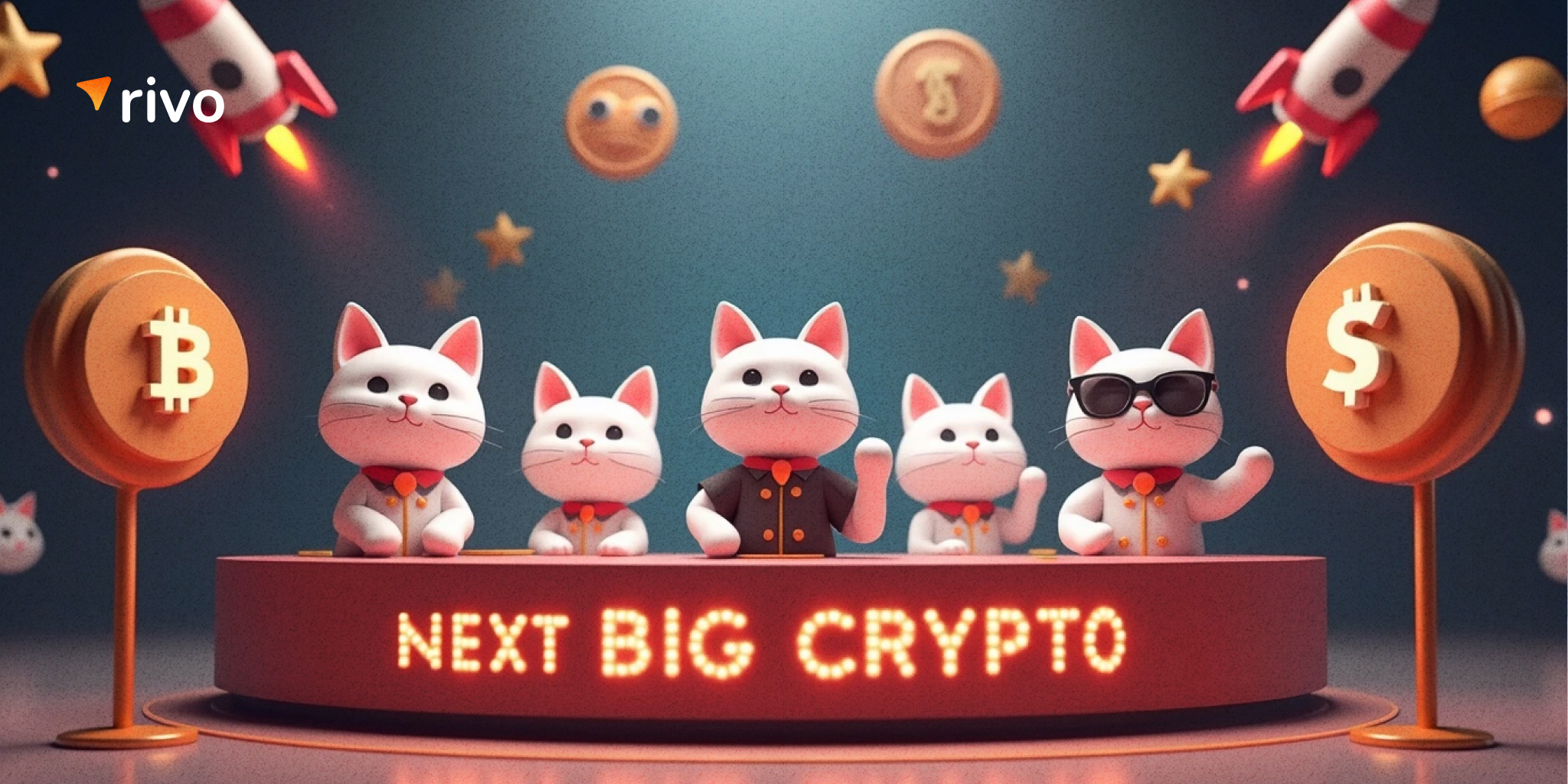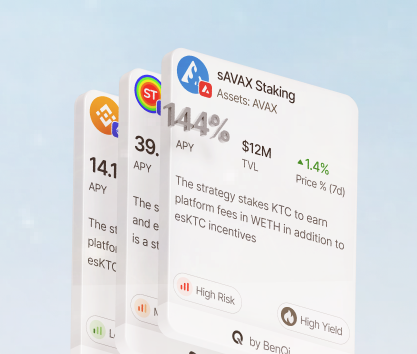Decentralization is one of the best weapons against censorship and centralized control over public speech. With political tensions rising across the globe and many societies experiencing tumultuous times, it is necessary to have platforms that do not inhibit the freedom of expression and allow users to engage in policing-free discourse in various public and private spaces.
We are going to talk about some interesting solutions in the social media sector and how we, as a society, can build better spaces for free opinion expression and uncontrolled discourse with sensible limitations and healthy anonymity.
The poster child of the whole sector is the Meta corporation. While older versions of social media platforms existed before the creation of Facebook, it became the biggest and most used application in the world within a decade wiping the floor with competition. According to the latest data, Facebook has over 3.05 billion monthly active users while the corporation as a whole has over 3.96 billion users across all its four products.
X, formerly known as Twitter, Snapchat, and many other applications that are trying to compete against the giant are also huge platforms with hundreds of millions of users. Some of the most popular of them are created and managed by centralized corporations that have been scrutinized for their questionable business practices and potential collusions with a variety of governments in an effort to control public opinion.
While the information is unconfirmed, a variety of sources have accused the Meta corporation of working with the CIA and the POTUS administration throughout its existence. In 2004, news agencies reported that the Pentagon had an ambitious Lifelog program that was shut down in the same year. Supposedly, Facebook was an active part of the program intended to document what individuals posted, commented, or did in the online environment and in real life.The central control over public opinion is something that many people are not fine with. According to the Pew Research Center, over 73% of all US adults believe that social media websites censor political viewpoints with 90% of Republicans thinking so compared to just 59% of Democrats. Right-wing people tend to move away from traditional social media platforms and go to other places for political discourse.
Decentralization is a powerful tool when it is applied effectively. The growing Fediverse is an excellent example of a fully decentralized, federated network of social media hubs that have separate rules and guidelines while adopting the same technological foundation allowing users to effortlessly switch between instances and exploring a wide spectrum of opinions and discussions.
To have a fully decentralized environment, user data should be also handled in a way that allows for safe distribution and fractionalized storage. Such solutions exist but require more work to become something convenient and useful to the general public.
Here are some advantages that decentralization brings to the table:
- Resistance to censorship. If the data is spread across a network of independently operated nodes that can easily verify the integrity of information, tampering with it becomes an impossible task. Blockchain technology is one of the best ways of building such networks.
- Enhanced privacy. According to the Electronic Frontier Foundation, over 63% of internet users are very concerned with the way corporations collect and use sensitive information. When we apply decentralization techniques to a social media environment, users stay in control of their data.
- Transparency. The Fediverse and many blockchain ledgers have one thing in common — the immutability and integrity of data ensured by the foundational architecture of the network preventing any tampering or behind-the-scenes manipulations.
- Better governance. Decentralized systems can be governed by the community to ensure that users have some control over the environment they participate in. In the DeFi sector, DAOs already have a huge impact with up to 54% of users participating in voting. The same principle can be applied and, in many cases, has been to a variety of social media platforms.
Safety is a big concern for many internet users. According to Zipdo, 53% of adults had their personal data compromised due to a data breach while over 4 billion different records were stolen or exposed. Since the vast majority of centralized social media platforms require users to provide personal data and even verify it to receive some sort of perk, security vulnerabilities can have dramatic consequences for users.
In many ways, decentralized data handling can be a better way to set up a social media platform. However, security strongly depends on the quality of development. For example, AcivityPub, the most popular protocol in the Fediverse, had several safety failures that led to data leaks. In the world of blockchain, smart contract design can be insufficiently robust to provide protection from malicious actions.
Despite the negatives, the anonymity and safety provided by decentralization are still way better and more reliable than anything that centralized platforms can offer. Since many protocols are open-source, independent specialists and whole development teams can conduct code audits to ensure that it is free of bugs and exploits.
Several approaches to building such services exist in the contemporary internet landscape. Some of them have been around for decades. Let’s talk about some of them.
- The Fediverse is a growing ecosystem of social media networks using various protocols to ensure sovereignty and data integrity. ActivityPub is the most popular one with several massive platforms like Mastodon using it as the baseline.
- IndieWeb is a communally developed and maintained social media network hosted on privately owned domains instead of corporate infrastructures. Instruments like webmention and microformats are used to provide the necessary level of decentralization to ensure data integrity.
- Blockchain-based social media platforms are gaining traction alongside the crypto industry in general. One of the best examples is Steemit, a blogging website where content creators are rewarded with STEEM tokens for their activity.
Throughout the last two decades, the Web 2.0 concept has been dominating the internet with all companies focusing on user-generated content for all sorts of purposes. However, the explosive growth of Meta, Google, WeChat, and many other corporations controlling the modern online discourse led to the disillusionment of many users with the Web 2.0 concept that allowed power-hungry individuals to take over and start censoring opinions.
The push toward decentralization became stronger during the 2016 presidential election in the US when the country became polarized with both sides accusing powerful online corporations of political censorship. Some saw an opportunity to build something resistant to censorship. Gab, Parler, and Minds became alternatives to Twitter and Instagram. The former is one of the most controversial social networks that was heavily criticized for the proliferation of far-right groups. Nevertheless, these platforms grew incredibly well throughout the last several years indicating a growing demand for such services.
There are several reasons why users flock to these social media services:
- Many feel oppressed using centralized platforms. Right-leaning individuals are especially concerned with online censorship and data tampering. They often move to websites like Gab to make sure that they can express their opinions freely.
- User data handling concerns. Over 60% of users are against data collection and brokerage. Moving to decentralized platforms can be a way to participate in public discussions without exposing personal information in the first place.
- User experience improvements. One of the biggest obstacles for newcomers to the decentralized internet is the difficult onboarding process. Learning new interfaces and infrastructures can be exhausting. During the last several years, many platforms made their interfaces more intuitive and focused on accessibility.
- The growth of the public interest in cryptocurrencies. While many decentralized platforms do not have much in common with the crypto industry, the audiences still overlap significantly with many crypto enthusiasts choosing blockchain social media over centralized options.
Blockchain is a peculiar technology as it is not novel or groundbreaking despite what many crypto enthusiasts are saying. However, it is a great tool for many developers to create systems that are trustless, permissionless, and complex. Social media platforms can operate on blockchain as proven by Steemit and some other applications. However, the problem is scalability.
ActivityHub has been heavily criticized for its vulnerability to accidental DDOS attacks that can occur if a post becomes truly viral with thousands of people trying to interact with it significantly slowing down the federating process.
Blockchain networks have similar issues with many existing architectures struggling to achieve high throughputs capable of enabling experiences similar to that of Facebook or Instagram. Decentralized data storage is another problem with many networks suffering from data loss or insufficient storage.
While these issues seem like deal-breakers to many potential users, the level of data integrity and security offered by blockchain architectures still attracts those who value privacy, data safety, and resistance to censorship.
Decentralized social networks for privacy
Contemporary applications that want to use distributed networks can provide privacy and anonymity to users through a variety of techniques:
- Using universal IDs can be a good solution with some companies already working on creating such products by tokenizing personal information allowing users to interact with a variety of services without revealing personal data.
- Stricter authorization methods. For instance, ActivityHub has tools allowing instance operators to prevent unauthorized users from interacting with the content. Such solutions allow us to build safe spaces within larger ecosystems.
- Trustless content creation can be implemented on various protocols to ensure that users can add information to a distributed network without the need to reveal their identity or any other personal data while still making it possible to identify creators and commenters.
The best decentralized social networks for free speech
Since the vast majority of new users on these platforms come primarily to avoid censorship on other platforms, we want to focus on some of the social media applications that offer users the necessary level of freedom of expression to feel clear of oppressive central authorities. While many of the platforms in this category are built within the Fediverse, some are using blockchain technology.
Our main criteria are popularity, resistance to data tampering, relaxed content policing, and true decentralization or a strong trend toward it.
When it comes to websites that are resistant to data tampering and censorship, several interesting platforms come to mind:
- Gab is a controversial platform that is praised by libertarians and right-wing users while hated and criticized by left-leaning individuals and liberals. This micro-blogging network is attracting groups who seek freedom of expression and want to post whatever they want. It is an interesting ecosystem that has been gaining traction throughout the last five years.
- Minds is a social network that allows users to earn tokens that can be utilized on the platform or liquidated. The project is aiming at fostering a community within which crowd-funding is effortless and can be done quickly. Just like Gab, it attracts many right-leaning users and has been criticized for it.
The most reliable and secure networks are built using blockchain. We have several interesting projects that you should check out if you are interested in decentralized social media:
- Steemit is a blogging platform that pays users tokens for their contributions. STEEM tokens have experienced a steep decline in value and suffer from inflation but still have a massive $77 million market capitalization. Steemit has community guidelines that are enforced but they are way less restrictive compared to Meta or Google.
- Verasity is a video-sharing platform that operates using blockchain technology to verify data integrity, user interactions, and other activities to provide a fair environment for content creators interested in efficient monetization of their videos.
Sapien is a social media news website that offers a higher level of transparency, integrity, and data protection compared to many existing solutions in the market. The funders position the brand as a network state with multiple DAOs governing their parts of the ecosystem.
Since many contemporary protocols are trying to appeal to users of all demographics, it is quite easy to join a fully decentralized platform. For instance, Gab works just like your regular website where you can simply create a new account and login using personal credentials. Sapien is still in its beta phase with only selected users and DAOs participating in the testing of the ecosystem. However, you can easily join Steemit. If you plan to post here for rewards, creating a native wallet address is all you need to do on top of making a fresh account.
The traction these projects are getting in the current moment is still insufficient to talk about massive adoption. It is true that decentralized social media attract a certain type of people who are interested in freedom of expression, immutability of data, privacy, resistance to data tampering, etc. However, the general public is fine with using centrally owned and controlled platforms like Facebook, Instagram, or YouTube.
Simultaneously, a shift in dynamics is happening in the internet as a whole with some large platforms announcing that they are moving toward decentralization by adopting protocols like ActivityHub. For instance, such plans were expressed by Threads, Snapchat, and some others.
Decentralized platforms for content creators
It seems that content creators are positioned to benefit from this paradigm shift the most. Steemit and Verasity demonstrate that it is possible to create ecosystems where rewards are distributed evenly and fairly while the amount is determined by unique mechanisms allowing platforms to confirm engagement. In such environments, everyone can become a creator making content that generates revenue.
At the same time, many creators feel less restricted in terms of how they can express themselves when working on platforms like Gab. The issue is that content policing is still a thing even in spaces that are supposedly free of such supervision. For instance, Parler was heavily criticized for having strict guidelines that often feel even more limiting than those on Facebook or YouTube.
We strongly believe that decentralization is an important alternative path for social media websites. There is no way for them to replace existing legacy platforms that have cemented themselves as market leaders. However, the niche these decentralized social media applications are carving can be incredibly useful to those who respect the freedom of expression and want to have spaces that do not have censorship or questionable guidelines.









